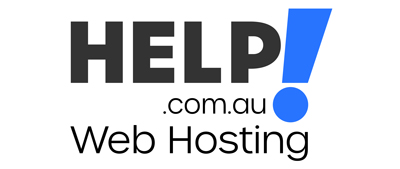And here I was thinking that as supply decreases, demand (prices) goes up.
For instance, I assume that if the top level .au namespace was released, then prices would go down for while - maybe not in the absolute premium market, but an average punter who wants a second tier, 2 or 3 word name isn't going to pay several hundred bucks for the .com.au when he can just register the equivalent direct.au at retail price.
Are you suggesting that "growing supply" also means the top level namespace or only the secondary/drop market as rules are relaxed to encourage trade (like the 6 month thing) etc?
There's a difference between growing a market and growing price. Sure, if you restrict supply, price can go up, but this is an immature market and domains don't clear at their inherent value. I know that because the spreads between proxy bids (the price a buyer is willing to pay) and winning bids is huge. IOW, buyers are paying far less than they are willing to pay, because there is little competition. The market is immature, there are insufficient buyers.
The supply side is fine - there are plenty of names available for sale and expiring on a daily basis. There is insufficient demand - too few buyers. To ensure the market clears at close to the implied market price (the proxy bid prices) there needs to be more competition.
Now few people actually like competition despite the
fact that we all know competition is good for markets. My point is that if you want to get the best price for a domain you will try to sell in the future, your best bet is to get as many buyers into the market NOW - they will drive prices up across the board, increasing the value of all your names and be there to pay a big price when you're ready to sell.
Its a classic early market strategy: get in early, buy all the good stuff you can, get as many people as possible to enter the market and then sell high.
The British aristocracy used to do this very effectively in the art market. You would "discover" an artist (basically pick a struggling artist randomly), buy his work, introduce him to all you art buying buddies, trade amongst yourselves for a period at ever increasing prices, publicize these increasing prices and then when some mug outside your circle steps in, sell at an inflated rate. What actually happens is that you establish value and then let true market forces take over. That sort of activity was eventually regulated against - it became illegal in the way they effectively conned outsiders, but the principles apply - its better to increase the pool of buyers if you want to increase the value of the stock. And the best way to increase the pool of buyers is to tell everyone you know how much money you're making trading the stock.






